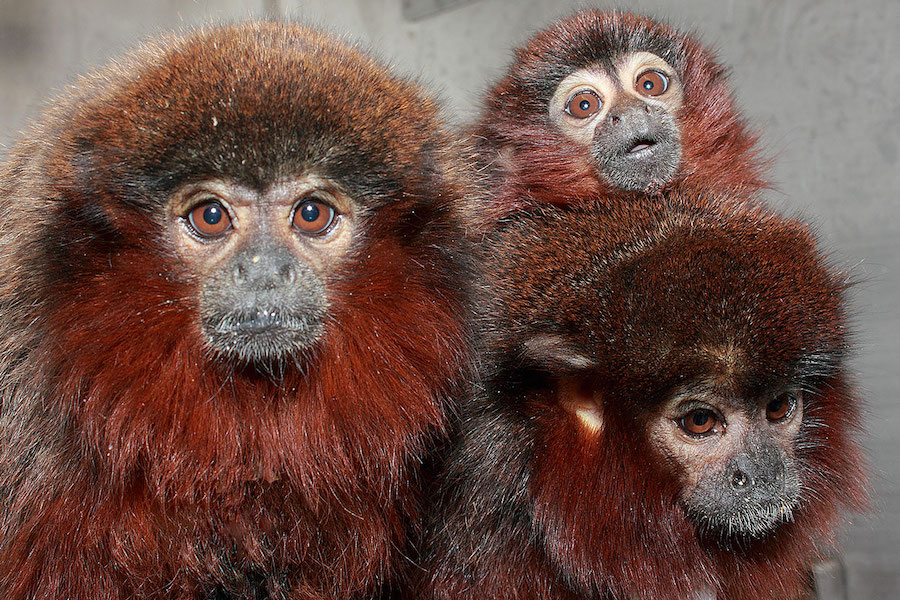
UC Davis Professor Karen Bales, team study pair bonds in Titi monkeys
Titi monkeys are some of the few monogamous mammals that form a lifelong bond with their partners. Similar to humans, these monkeys get distressed when they are separated and buffer stress when they are together.
Karen Bales, a professor of psychology at UC Davis, has been studying these monkeys at the California National Primate Center for 13 years.
“The goal was to develop a new model for the neurobiology of social bonds and to look at the different aspects of the pair bonds,” Bales said. “The jealousy study was taken from the viewpoint of looking at another challenge to the pair bond.”
Bales and her team conducted the study with two conditions. The first condition was putting the monkeys with a stranger monkey. The alternative condition involved separating a pair-bonded female and putting her with a stranger male while the pair-bonded male had to watch.
“What we saw in the jealousy condition is very strong activation in the singular cortex and in the lateral septum,” Bales said. “So we saw this in previous studies where it was activated during formation, separation and now in jealousy.”
These male Titi monkeys have shown elevated levels of the hormones testosterone and cortisol when put in the jealousy condition. The longer the male watched the interaction between the female and the stranger male, the higher the levels of the hormones, which triggered an interesting social behavior in the males.
“What was cute was one of the behaviors was lip smacking which looks like a kiss trying to attract their mates attention,” Bales said.
So what is the next step for the Titi monkeys?
“There are a number of different avenues for exploration,” said Sally Mendoza, a UC Davis professor of psychology and the co-author of the research. “First is that we will now focus on females. They also experience jealousy but not to the same extent.”
Mapping the hormone levels of the Titi monkeys’ social behavior can offer insight into how social behavior can affect biology.
“Moving forward it is really helpful to know what brain regions are involved and how monkeys are similar to humans for basic biology about how attachment relationships work,” said Nicole Maninger, a postdoctoral researcher on the team.
The findings from this research can help uncover clues to connecting social behavior to human health problems.
“It’s possible for this research to be extended to helping with autism and domestic violence. This is just the beginning but hopefully one day it can help save lives,” Maninger said.
Written by: David Soltero — science@theaggie.org




